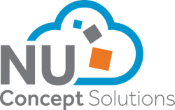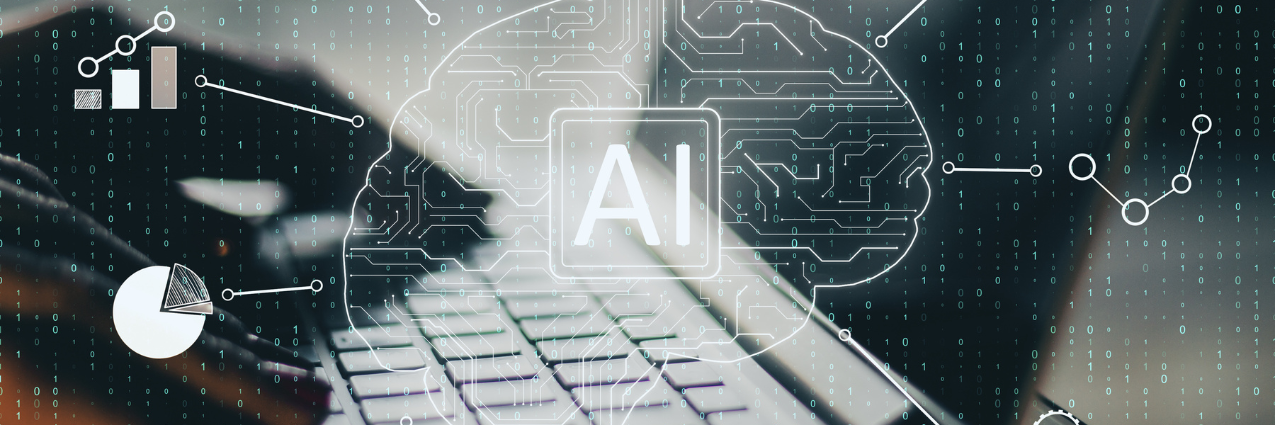There are three key trends are shaping the future of ERP systems: AI, Automation, and Cloud...
In 2024, Enterprise Resource Planning (ERP) systems streamline business operations, enhance efficiency, and drive growth. As more and more businesses embrace digital transformation, three key trends are shaping the future of ERP systems: AI, Automation, and Cloud.
Modern ERP systems are incorporating advanced technologies, such as robotic process automation (RPA), AI, and ML, to help companies operate even more intelligently, productively, and profitably.
According to the Unleashing-Exponential-Evolution ERP trends report by Accenture, over half (53%) of UK CIOs seek more intelligent ERP systems that incorporate technologies like machine learning (ML), AI, and automation. Advancements in machine learning provide better analytics. In turn, this means better forecasting. Tasks can be completed faster, in less time, and with fewer resources.
1. Artificial Intelligence (AI)
In 2022, the UK AI market was valued at over $21 billion and is projected to reach $1 trillion by 2035. It is, therefore, no surprise that AI is revolutionising ERP systems. It can enable smarter decision-making, predictive analytics, and process automation. Here’s how AI impacts ERP:
- Predictive Insights: AI algorithms analyse historical data to predict future trends, helping businesses make better and more informed decisions. From forecasting demand to supply chain optimisation.
- Automated Workflows, Chatbots and Virtual Assistants (VAs): Real-time support can improve user experience. AI-powered chatbots can manage routine queries, freeing up human resources. Automated workflows can reduce manual effort and minimise errors.
- Personalised Experiences: AI tailors user interfaces, making ERP systems more intuitive and user-friendly.
Major ERP vendors are integrating new AI capabilities into their enterprise applications. This includes:
- SAP has developed industry-specific AI tools and has Joule AI copilot.
- Microsoft has added AI capabilities and virtual agents to Dynamics 365. These are designed to streamline sales, improve customer insights, and reduce fraud.
- Oracle launched Oracle AI Apps for ERP and new Oracle generative AI capabilities intend to make it easier to embed new capabilities across Oracle cloud.
There is still some way to go. AI raises ethical, legal, and social challenges that need to be addressed. And areas such as data privacy, security, accountability, and transparency need to be looked at. Moreover, AI needs collaboration and coordination among ERP stakeholders, including vendors, customers, partners, and regulators. The future of the ERP industry needs a more refined use of artificial intelligence to make even more accurate predictions and useful suggestions.
2. Automation
Automation is said to be the driving force behind efficiency gains in ERP. To date, some of the typical tasks that an ERP system can automate include:
- Order processing and invoice generation
- Accounting and financial reporting
- Data flows
- HR and payroll
- Inventory management
- CRM and sales activities
AI technology enables the automation of complex and repetitive tasks. The technology frees up resources to focus on higher-priority tasks. Intelligent automation also helps reduce the exposure to human error. Consider these aspects:
- Robotic Process Automation (RPA): RPA bots automate repetitive tasks. These tasks could include data entry, invoice processing, and inventory management.
- Workflow Optimisation: Automated workflows ensure better coordination across departments, reducing delays and enhancing team productivity.
- Data Integration: Automation enables real-time data synchronisation between ERP modules, improving data accuracy.
3. Cloud Technology
Cloud-based ERP solutions offer scalability, flexibility, and accessibility. Here’s why it's important:
- Scalability: Cloud ERP systems can scaleup or down based on business needs. These systems can accommodate growth without client intervention.
- Cost Savings: Cloud eliminates the need for on-premises servers and maintenance costs.
- Remote Access: Cloud ERP enables secure access from anywhere. In a world of remote and hybrid working, it enables collaboration.
Changing times
In 2024, embracing AI, automation, and cloud technologies is no longer an option—it’s the best way to stay competitive. ERP vendors have begun to incorporate advanced technologies into their solutions. This includes the cloud and AI, enhancing ERP automation and making the systems easier to use.
AI, automation, and cloud technologies are reshaping ERP systems, and the UK is leading this transformative journey. Businesses that embrace these trends will thrive in the evolving digital era.
NU Concept Solutions, as a leading provider of cloud resourcing solutions, is committed to helping clients and candidates navigate this evolving landscape. To find out more, contact us today: https://nuconcept.solutions/contact

